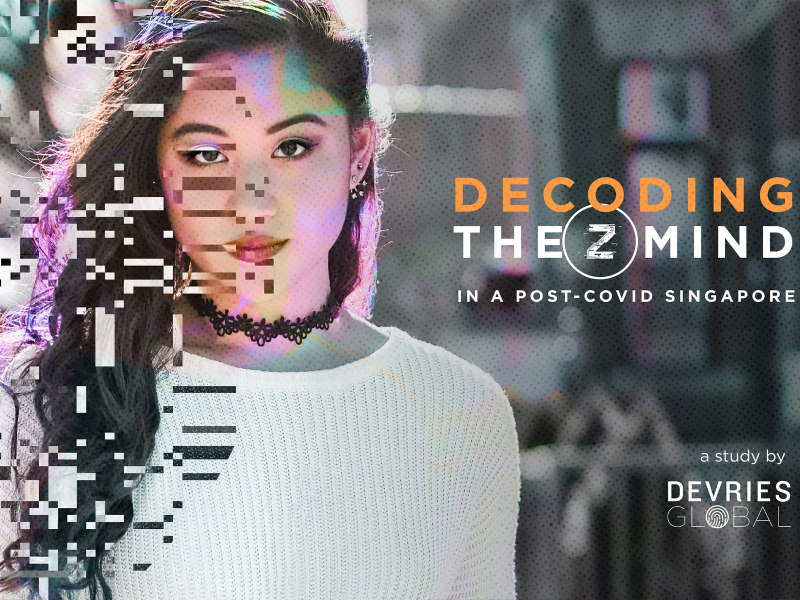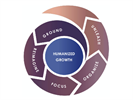Madhavi Tumkur 27 Apr 2021 // 7:12AM GMT

SINGAPORE — Coming of age in an era of (mis)information overload and cancel culture, Singapore's Gen Z cohort is growing up to be a generation of sceptics. That's according to a recent study by DeVries Global Singapore which surveyed 400 Singaporeans in the age group of 16-25 — ranging from students, fresh grads, self-employed as well as unemployed.
Born between 1996 and 2010, this generation of Singaporeans were starting to find their footing in the world by securing their first jobs when they faced the disruptive impact of Covid, which has served to significantly alter their consumption patterns and purchase decisions.
The pandemic may have spurred the shift towards online content, but 8 out of 10 respondents said they felt overwhelmed with information while 4 out of 5 added they were bothered by false information. Of further concern, only 11% believe themselves to be adept at filtering false information.
This, in turn, appears to have made Gen Z hyper-aware and distrustful of online information — a whopping 96% of respondents said that they ‘are willing to pay a premium for brands they deem transparent’. But while they might crave authenticity and honesty, they also believe that brands should not be too transparent if their operations did not live up to their communications as “people may just think it is an advertising strategy”.
The study also found Gen Z to be unafraid to speak out, rally for causes they believe in and ready to boycott brands over unethical business practices or false advertising.
“Transparency has become trendy, and many brands are jumping on conveying transparency in their marketing but are they really making a change in their business? These are areas that Gen Z is probing into,” says Li Ting Ng, director of innovation and client experience, DeVries Global Singapore.
“This is a smart and informed generation that values and demands transparency but understands that businesses aren’t perfect. The challenge then is to figure out what transparency means to your business and how you can commit and communicate it in a way that builds trust and credibility," added Ng. "Not transparency for the sake of it."
When it came to purchase decisions, the power of influencers has faded; instead Gen Z trust their friends and peers for recommendations to help them make conscious decisions — with more than 76% noting that reviews from other consumers are over 2x more important than recommendations from social media.
A particularly surprising finding, in light of Gen Z's reputation for being environmentally conscious, is that only 7% of this Singaporean generation see environmental impact as an essential factor when making a purchase decision, as compared to other considerations like reviews and price.
The Z Incubator survey was conducted by DeVries Global Singapore in October 2020 to better understand how this generation will approach the post-Covid world in 2021 and beyond.


































.jpg)

















